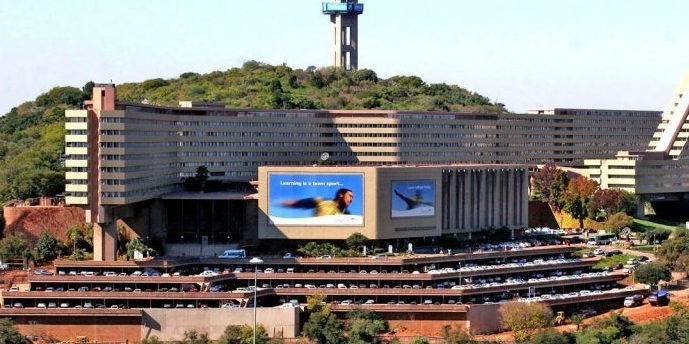June 16 is a significant date in South African history, commemorated annually as Youth Day. This public holiday is not just a day off work; it is a poignant reminder of a momentous event in the struggle against apartheid and a tribute to the role played by the youth in the liberation of South Africa. The following sections will explore the historical events that led to the marking of June 16 as Youth Day.
Why is June 16 Called Youth Day?
June 16 is called Youth Day in South Africa because it commemorates the Soweto Uprising that occurred on that day in 1976. On this day, thousands of black school children protested against the imposition of Afrikaans as a medium of instruction in schools, symbolizing a revolt against the apartheid system. The peaceful protest turned tragic when police opened fire on the students, resulting in numerous casualties. The event marked a significant turning point in the anti-apartheid struggle and has since been remembered as a symbol of youth resilience and the fight for justice and equality.
The Soweto Uprising
The origins of Youth Day can be traced back to the Soweto Uprising on June 16, 1976. On this day, thousands of black school children took to the streets of Soweto, a township located in the southwest of Johannesburg, in a peaceful protest against the imposition of the Afrikaans language as a medium of instruction in schools.
The students’ demonstration was not just about language; it was a revolt against the entire apartheid system that oppressed the black majority in South Africa. The use of Afrikaans in schools symbolized the broader racial and cultural domination imposed by the white minority government.
A Tragic Turn of Events
The peaceful protest took a tragic turn when the police opened fire on the students. The exact number of casualties is disputed, but it is widely agreed that hundreds of young people were killed, and many more were injured. The image of Hector Pieterson, a 13-year-old boy who was one of the first to be killed, became an iconic symbol of the uprising. His death was captured in a photograph that garnered international attention, igniting outrage against the apartheid regime.
Legacy and Importance
The Soweto Uprising did not end on June 16; it sparked a series of protests and clashes across the country that continued for months. The youth’s fearless stand against injustice marked a turning point in the anti-apartheid struggle, galvanizing both national and international support.
The sacrifices made by the youth on that day are a stark reminder of the power of young people to drive social change. Their actions underscore the importance of education, freedom, and the right to be heard, values that continue to resonate in modern South Africa.
Conclusion
June 16, Youth Day, is more than a date on the calendar; it is a symbol of resilience, courage, and the role of youth in shaping a nation’s destiny. It pays homage to the young people who rose against the oppressive apartheid system, standing up for justice, equality, and the right to a fair education. Their legacy continues to inspire new generations, making Youth Day a crucial part of South Africa’s identity and a call to remember that the fight for justice and equality is never truly over. It serves as an enduring reminder that the voices and actions of young people can, and have, changed the course of history.




